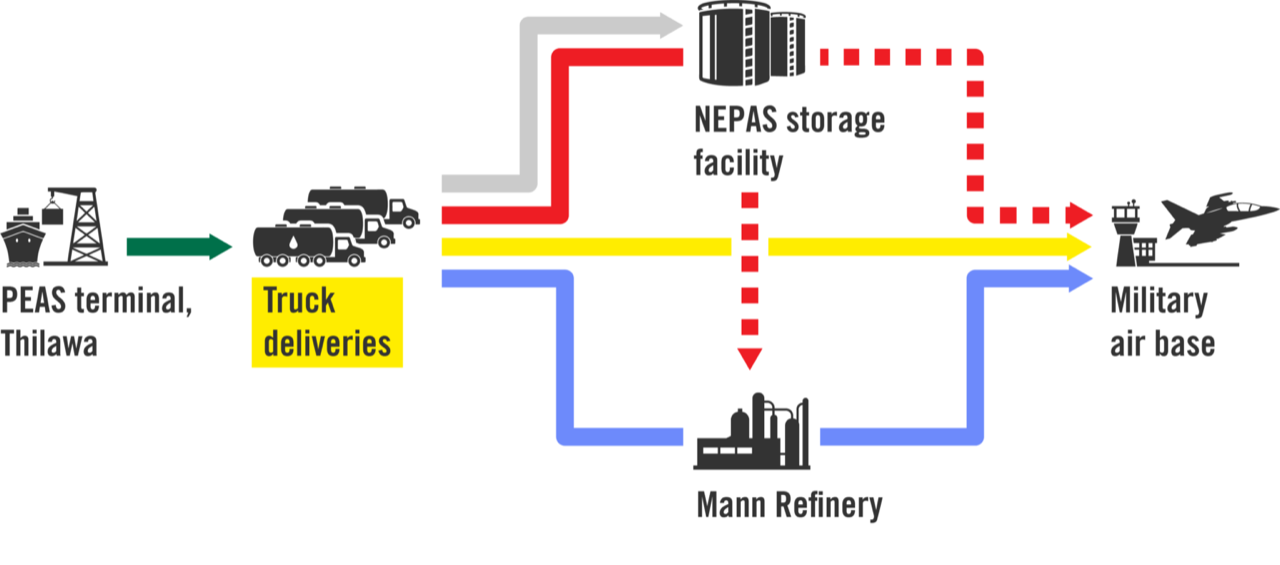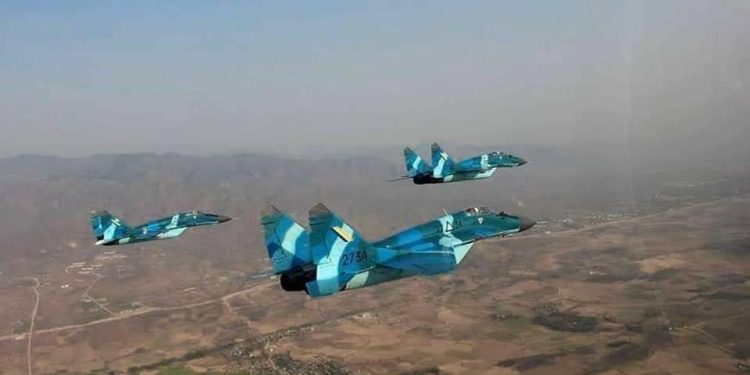Amnesty International has reported that aviation fuel for civilian planes is being diverted to Myanmar’s regime aircraft, which attack civilians.
The London-based rights group called on the international community to block imports because of junta crimes against humanity and war crimes.
The “Deadly Cargo” report, in collaboration with Justice for Myanmar, was released on Thursday amid repeated junta airstrikes on civilians. These have included an attack on a concert in Hpakant, Kachin State, which killed around 80 people on October 23 and on the Depayin Township school in Sagaing Region in September, in which at least 12 people, including seven children, died.
The report examined eight shipments of aviation fuel to Thilawa port near Yangon between February 2021 and mid-September 2022.
The shipments were handled, stored and distributed by Myanmar’s subsidiary of the oil giant Puma Energy and a joint venture with a junta-controlled company, National Energy Puma Aviation Services (Nepas), Amnesty stated.
It said some shipments were sent to storage depots linked to military bases.

Puma Energy, which announced last month it will leave Myanmar, said it had “become aware of reports of the military forcibly demanding fuel at selected Nepas airport facilities”, the report stated.
Amnesty said four other companies, PetroChina’s wholly owned Singapore Petroleum Company, Rosneft of Russia, Thai Oil and ExxonMobil, were playing significant roles in supplying aviation fuel, linking them to the human rights violations.
Chevron, Rosneft and Thai Oil told Amnesty that their shipments were meant to be used for civilian purposes only.
However, Amnesty said the shipments supplied by Singapore Petroleum Company and Thai Oil were delivered directly to the regime on arrival at the port, citing leaked documents, industry sources and interviews with regime defectors.
Thai Oil last month told Amnesty that it would sell its Jet A-1 operation to Myanmar. Singapore Petroleum refused to comment, the report said.
Amnesty said without imported aviation fuel the junta would have no means to use airstrikes against civilians.
“If the planes can’t fuel up, they can’t fly out and wreak havoc. Today we are calling on suppliers, shipping agents, vessel owners and maritime insurers to withdraw from a supply chain that is benefiting the Myanmar Air Force,” said Amnesty’s secretary-general Agnès Callamard.

















